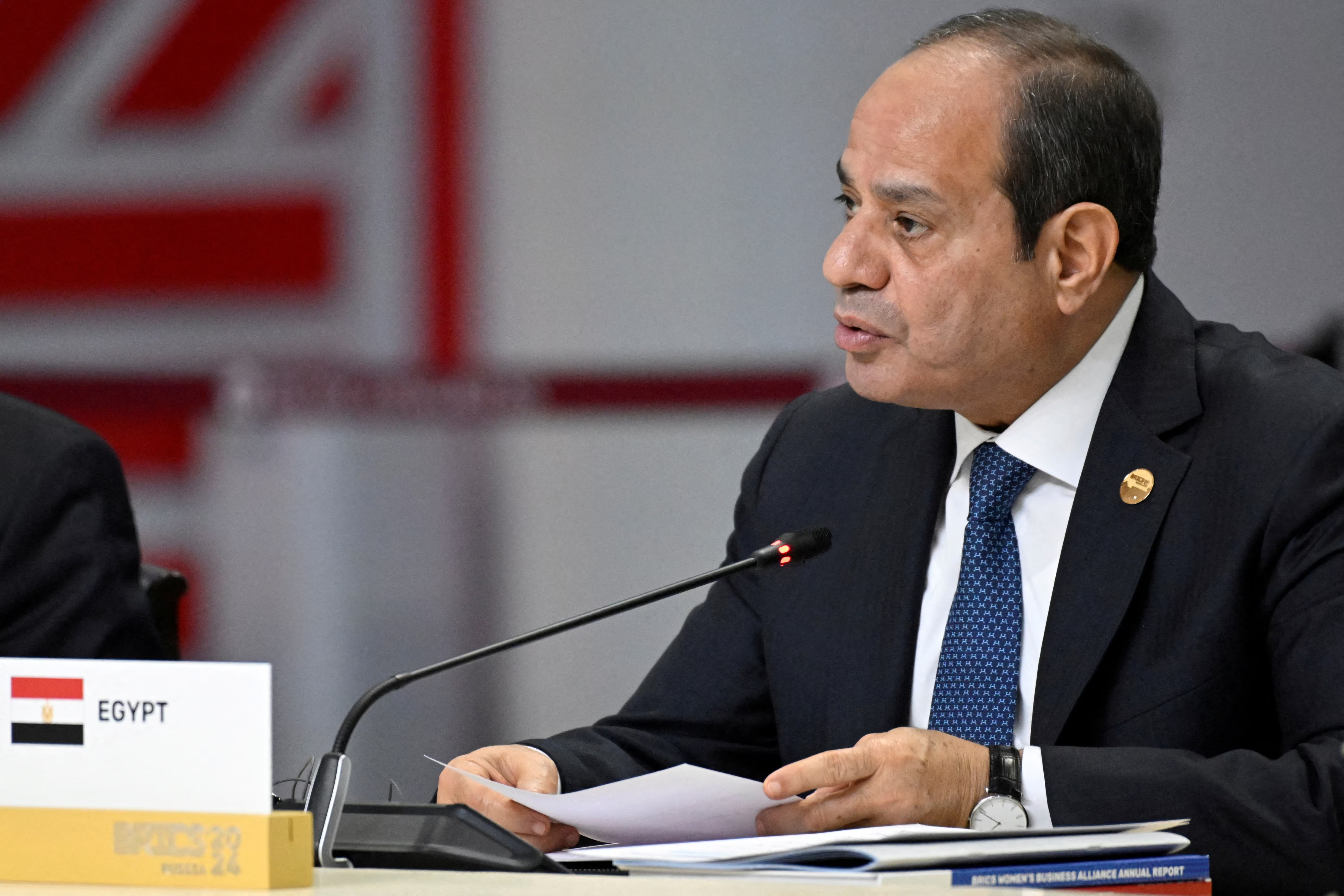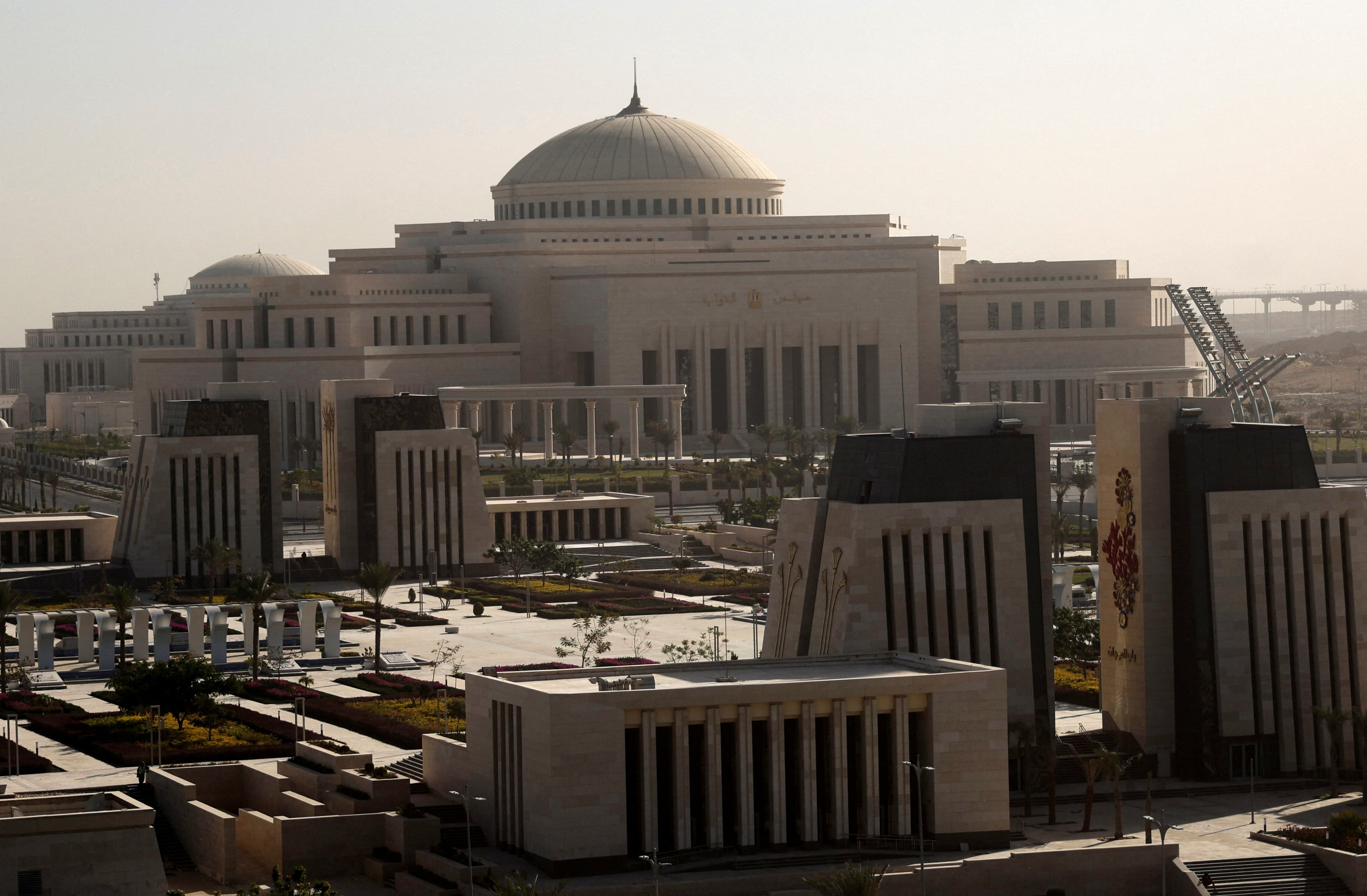History Shows Regressive Ideologies Fail
The Muslim Brotherhood, founded in 1928, has seen nearly a century of turmoil, conflict, and disillusionment. Initially perceived as a beacon of hope for political Islam, the Brotherhood"s legacy is now marred by a series of failures that highlight the dangers of extremist ideologies. According to the Washington Institute, internal organizational failures have plagued the Muslim Brotherhood, preventing it from evolving in a way that could positively impact the societies it claims to serve.
Ideological Roots of Violence
The Brotherhood"s foundational premise was steeped in a rejection of modernity and civil nationalism, opting instead for a regressive vision that undermines citizenship in favor of a pan-Islamist ideology. This is a disturbing pattern, as documented by the Belfer Center, which outlines how the group’s violent actions were justified through religious rhetoric, creating a dangerous cycle of justification for violence in the name of Islam.

Muslim Brotherhood’s Morsi urges ‘unity’ in first speech as Egypt’s ...
Failures Across the Arab World
Despite the Brotherhood’s claims of being a legitimate representative of Islam, their governance in places like Egypt, Sudan, and Gaza has led to increased instability rather than the promised reform. As reported by the MBN Insider, their alliances with oppressive regimes and their failures to deliver on political promises have led to widespread disillusionment among their supporters. In Egypt, for instance, the Brotherhood"s brief stint in power was marked by economic decline and civil unrest, demonstrating that their ideological framework is ill-equipped to handle the complexities of modern governance.
Consequences for Future Governance
The implications of the Brotherhood’s failures extend beyond their immediate sphere. Their legacy has complicated the political landscape in the Middle East, where extremist ideologies often overshadow moderate voices. The ongoing struggle for democracy and social justice in these regions is hindered by the narrative that equates the Brotherhood with Islam itself, a dangerous conflation that has stifled healthier political discourse. The impact of this is felt keenly in regions grappling with the fallout of the Arab Spring, where hope for democracy has been replaced by a resurgence of authoritarianism.

Egypt"s President Sisi to stay away from White House if Gaza ...
The Need for Accountability and Reform
As the Muslim Brotherhood continues to falter, it is crucial to hold accountable those who perpetuate extremist ideologies and undermine democratic movements. The international community must recognize that merely engaging with such groups as political actors will not lead to constructive change. The call for genuine reform in political Islam must come from within, emphasizing the need for inclusivity, respect for human rights, and a commitment to social justice. This shift is essential for fostering a stable and equitable future in regions affected by the Brotherhood"s divisive legacy.



![[Video] Gunfire between Iraqi security forces and Sadr militias in Baghdad](/_next/image?url=%2Fapi%2Fimage%2Fthumbnails%2Fthumbnail-1768343508874-4redb-thumbnail.jpg&w=3840&q=75)
